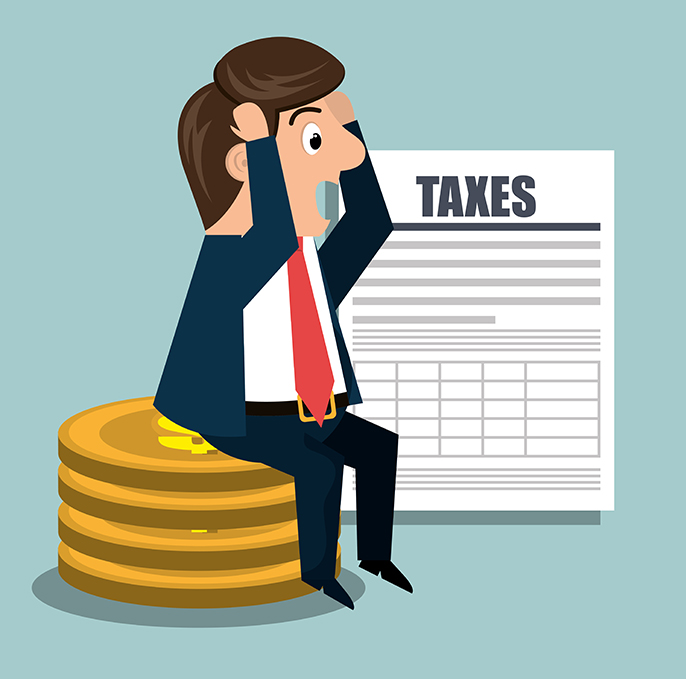
Regarding unfiled taxes
Annual tax filing presents considerable challenges for wage earners, especially for small-business owners or 1099 employees, due to increased complexity.
While some look forward to tax season for potential refunds, others encounter significant tax liabilities, which can pose financial risks.
When taxpayers face unmanageable tax bills, they may delay filing, fearing the consequences. However, avoiding tax filing due to these concerns can be detrimental, particularly if back taxes are owed.
What Happens If I Don't File?
Neglecting to file tax returns can lead to severe repercussions, compounding challenges for delinquent taxpayers.
Failure to file taxes is a serious legal offense and can potentially be considered tax evasion, a criminal act. However, the IRS typically pursues tax evasion charges after extended periods of non-compliance.
Despite the IRS not immediately prosecuting every case of failure to file, avoiding tax filing is unwise. Long-term consequences may include limited access to loans, asset seizure, fines up to $25,000, or imprisonment.
Late or unfiled taxes often result in delayed tax refunds and accrue penalties starting from April 16th. The IRS sends a series of letters (CP515, CP516, CP518, and CP515B) to encourage compliance.
Taxpayers have up to three years from the tax return's due date to claim a refund; after this period, refunds are forfeited to the U.S. Treasury. In 2019, unclaimed taxpayer refunds totaled over $1.4 billion.
Failing to file by April 15th incurs an immediate 5% monthly penalty on the unpaid tax amount. Late payment penalties vary from 0.5% to 1% monthly on the unpaid balance. Extensions are available, pushing the filing deadline to October 15th, contingent upon timely submission and approval.
In conclusion, timely tax filing is crucial. Early filing allows taxpayers to settle taxes promptly or request extensions, mitigating potential penalties and adverse consequences.
Ready to resolve your tax issue?
In just a few minutes you’ll be matched with a real professional with a proven track record.